Why enhanced rock weathering?
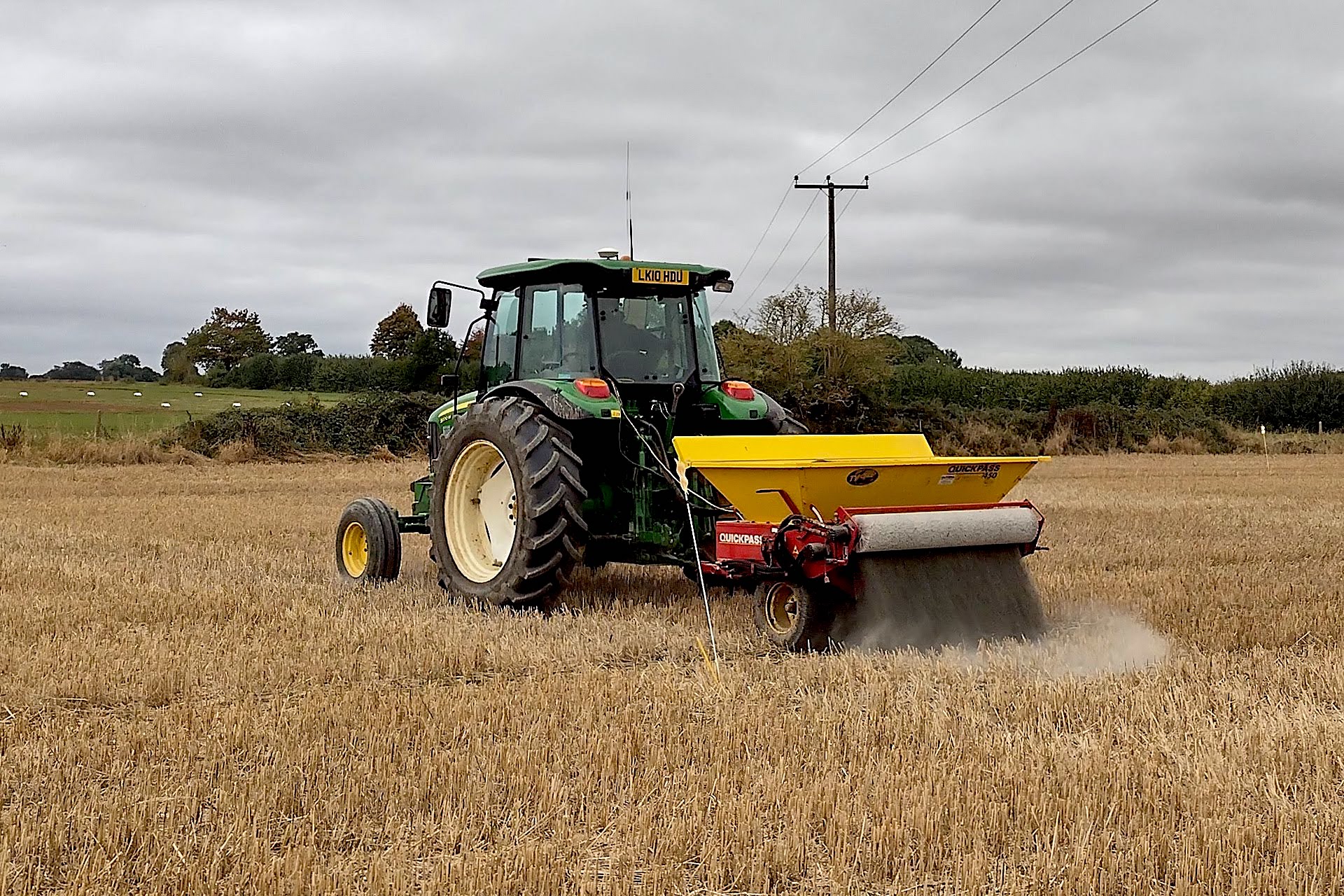
About the project
The project will explore amending soils with crushed calcium and magnesium rich silicate rocks from waste quarry fines to accelerate natural CO2 sequestration processes. It will provide the first integrated whole system assessment of the science, societal and scalability opportunities and challenges of enhanced rock weathering deployment in UK agriculture. Field sites are the Plynlimon Experimental Catchments (mid-Wales), Rothamsted Research’s North Wyke grassland experimental platform in Devon, and their cutting-edge arable research facility in Harpenden, Hertfordshire.
This Demonstrator project builds on the success and leading reputations of Leverhulme Centre for Climate Change Mitigation (LC3M) researchers and aims to assist the UK Government in getting to net zero by 2050.
Project lead: Professor David Beerling FRS, University of Sheffield.
Research team: Universities of Sheffield, Aberdeen, Leeds, Oxford, Heriot-Watt, Cardiff and Southampton, National Oceanography Centre (NOC), Rothamsted Research, UK Centre for Ecology & Hydrology and project partners from the mineral and agricultural sectors.
Find out more about the enhanced rock weathering project and follow on Twitter: @UKERW_GGRD.
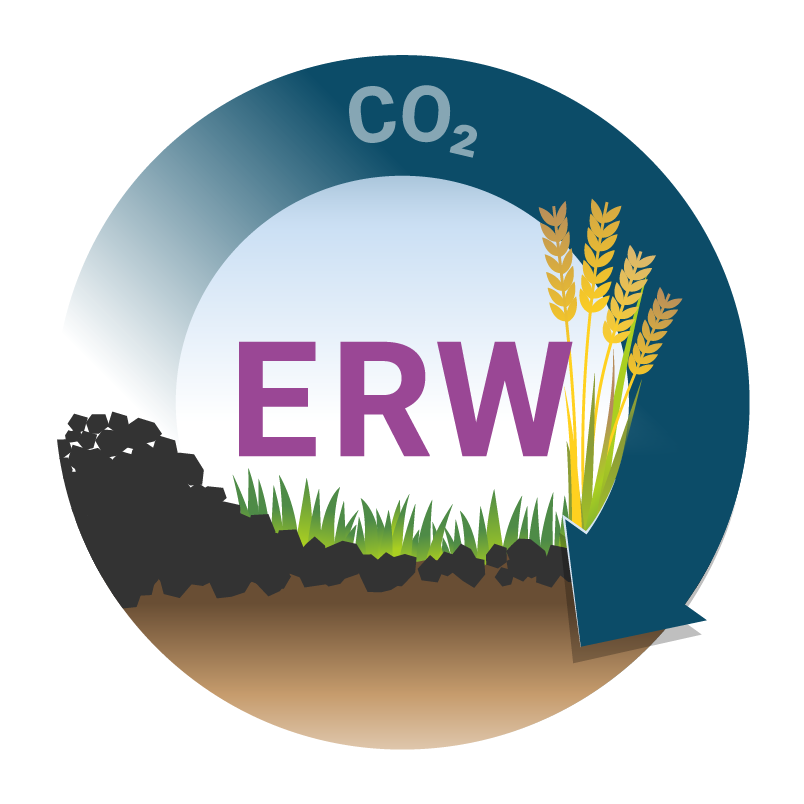
Discover other GGR projects…
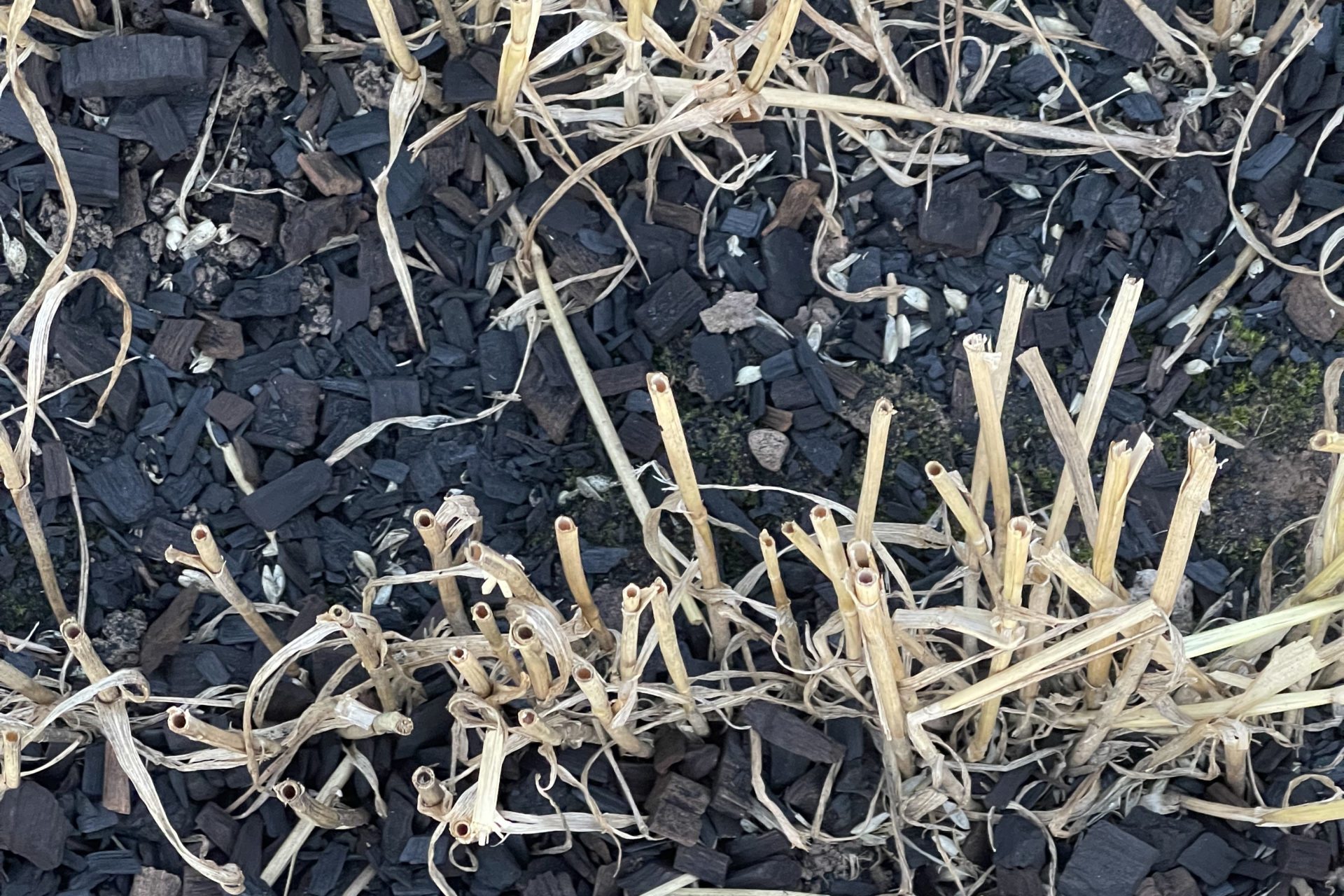
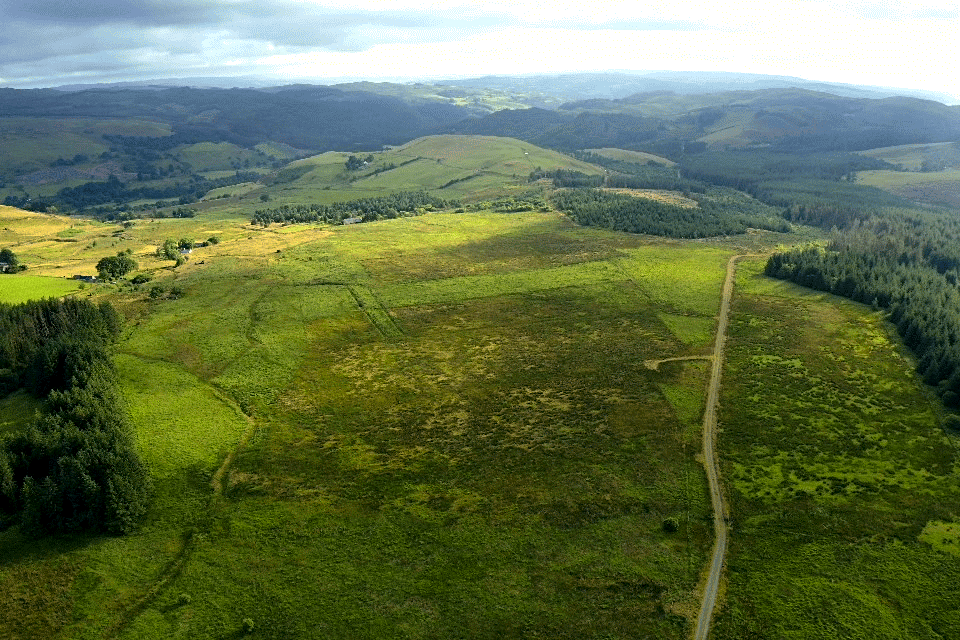
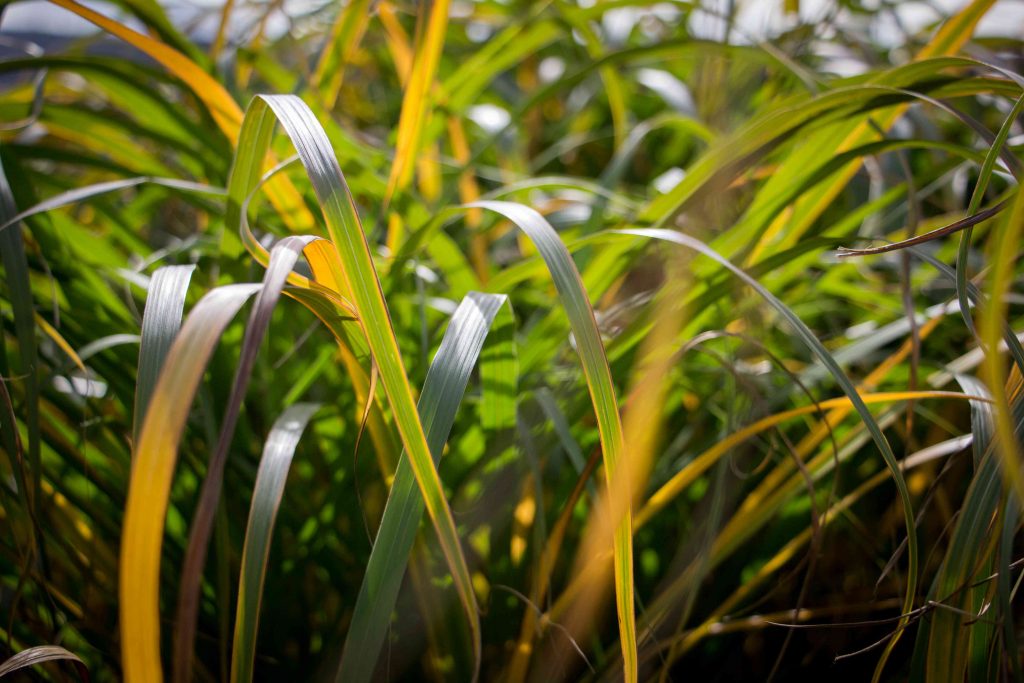

Biochar
The biochar project will address the uncertainties concerning the extent and scope of deployment of biochar, including its stability with respect to carbon sequestration, together with quantifying effects on soil health and ecosystem services, economic viability and social acceptability.
Peatlands
The peatland (‘GGR-Peat’) project will work with natural processes to restore, and where possible enhance, the environmental conditions that lead to peat formation.
Perennial biomass crops
The perennial biomass crops (‘PBC4GGR’) project is investigating the potential for plants like willow and miscanthus to support BECCS in the UK.
